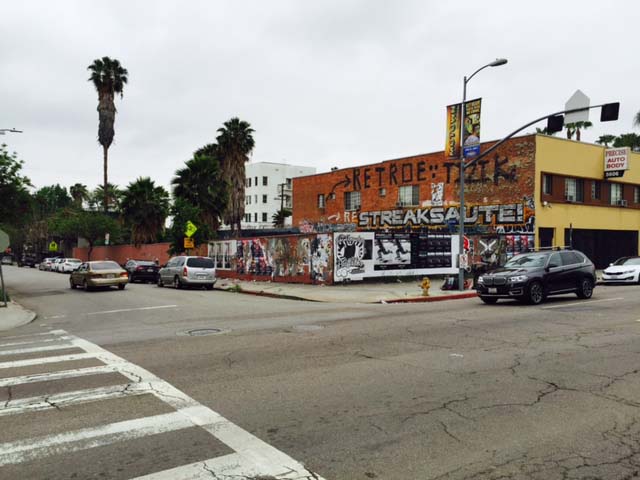The Los Angeles City Council has voted to move forward on drafting a minimum wage ordinance that will raise wages by 67 percent over the next five years.
The Hollywood Chamber of Commerce participated through the entire process of debate on the issue and said that we could support a hike in the minimum wage – provided steps were taken to protect small businesses and to make the City more competitive in job creation.
Unfortunately, the carve-out approved by the City Council was so woefully small that only the smallest of businesses will receive any help – and only for one additional year.
The City set the threshold for a small business as one with 25 or fewer employees. By comparison, Seattle, in crafting their own minimum wage hike, used the same definition of a small business as the federal guidelines – 500 or fewer employees. And they gave small businesses an extra four years to meet the same requirement as large businesses.
The Los Angeles Times quotes Councilman Gil Cedillo as saying of the City Council action, “This is the greatest shift of wealth in the history of this city.”
At least he admitted what we have known all along. This is not new money flowing into the City. The “wealth being shifted” will be taken from the pockets of businesses. The justification cited by supporters was the City-commissioned Berkeley study that promised minimal impacts on businesses. We will now have the opportunity to find out if the Berkeley study is right when it said, “For retail trade and the local economy as a whole, price increases would be negligible.” Personally, I have my doubts.
Firms will adjust their business model according to how much additional money they will have to put into payroll. Small businesses will spend less on upgrades, equipment and other investments in their operations. They will either reduce the number of employees or cut back their hours. They will be reluctant to add new employees. Businesses operating on the margin will either close or move out of the City.
What the Council did not consider is that businesses cannot operate at a loss. According to the financial research firm Sageworks, net profit margins for restaurants for example averaged about 3 percent in 2013. In many of these restaurants, payroll accounts for 50 to 60 percent of their expenses. How does the City expect these restaurants to cope with a 67 percent increase in the minimum wage?
Job growth in L.A. will suffer. Beacon Economics has projected that the wage increase “will reduce job growth from an expected 1.8 percent per year for the next five years to less than half that and potentially eliminate growth altogether. In other words, expected job growth would go from 30,000 jobs per year to somewhere between 2,000 to 15,000 jobs.” Los Angeles has one of the worst job creation records of any major city in the nation, according to a study released last year by the UCLA Anderson School of Management. The City Council seems to have ignored this fact in making their decision.
There has never been an increase in wages of this magnitude over this short period of time in Los Angeles. Even the consultants that did the peer review study for the City advised that they not go beyond the $13.25 per hour wage base recommended by the Mayor, and to evaluate implementation impacts before increasing it further. They said that at the higher rate (of up to $15), the metrics used to assess minimum wage increases are above historic standards. They continued that the uncertainty as to the effects is largest over the longer term, when workers and firms have fully adjusted to the wage and capital-labor and labor-labor substitutions have been made. The reviewers urged the City to provide delayed phase-in that may mitigate against the most serious potential impacts for ‘high sensitivity’ businesses such as small firms and nonprofits.
The City Council ignored that wise counsel and has approved this experiment. While we can certainly voice our concerns one final time when the ordinance comes back to Council for final approval, the decision for all practical purposes has been made.
The State minimum wage will rise another dollar to $10 an hour next January. The new City hike will go into effect six months later, in July of 2016 – starting at $10.50 an hour and rising to $15 an hour in 2020. Thereafter, it will automatically increase annually based on the Consumer Price Index. Your Chamber will be monitoring and reporting impacts of the City action. We would invite all Hollywood businesses to share with us how the minimum wage hike impacts your business and steps that you will take as a result. We’re going to keep tally and share the results with the City Council.
_____________________________
Leron Gubler has been serving as the President and CEO of the Hollywood Chamber of Commerce for the past 23 years. His tenure since 1992 continues to oversee the great comeback story of Hollywood.

